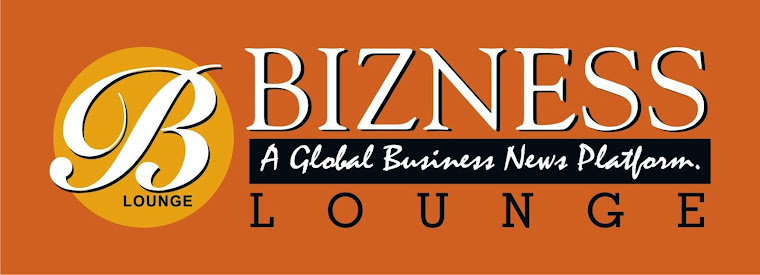
Sun Hung Kai Properties Ltd. Joint Vice Chairmen and Managing Director Thomas Kwok,... Read More
“I definitely will not bribe my friend with either money, gift or advantage,” Kwok told the High Court in Hong Kong today in the city’s highest profile graft trial. The co-chairman of Sun Hung Kai Properties Ltd. (16) had said yesterday that Hui provided him advice on political issues, as well as how to deal with his eldest brother, Walter.
Thomas and his younger brother Raymond used sham contracts to disguise millions of dollars of payments to Hui to be their insider in the government, prosecutor David Perry has said. Hui, as Hong Kong’s chief secretary, had access to confidential information on matters that Sun Hung Kai had a “profound and deep commercial interest” in, Perry told
the jury in his opening statement in June.
Kwok has denied one charge of conspiring to bribe Hui and two counts of conspiracy to commit misconduct in public office. Raymond Kwok and Hui have also pleaded not guilty to separate charges.
Creating Pressure
In today’s testimony, Thomas Kwok denied that Hui had met him to discuss a development project in 2006 “because you had bribed him and he was your man,” in the words of his lawyer, Clare Montgomery.The June 2006 meeting, which occurred after Hui became chief secretary, was to discuss access to a project Sun Hung Kai was developing on Ma Wan Island, in western Hong Kong.
Kwok said he wrote to a minister about the project on Hui’s suggestion. When he did, Kwok said he didn’t mention the meeting with Hui because he didn’t want to create pressure on the official. He did copy Hui on the letter, the court was told.
Kwok also discussed how Hui advised on his relationship with his brother, Walter, who Thomas earlier in the trial said become paranoid after a kidnapping ordeal in 1997.
Kwok said yesterday he verbally approved hiring Hui as a consultant in 2003 after his elder brother dragged out talks. Walter Kwok had many “conspiracy theories” during the negotiations with Hui, including his concern that the former official might be a spy for Li Ka-shing’s Cheung Kong Group, Thomas said. Walter isn’t a defendant or witness in the case.
Moral Obligation
“I had a moral obligation to give Hui a contract” since he had already turned down other job offers including from Li’s son, Richard Li, for a post at his telecommunications firm, said Kwok.Li is Asia’s richest man and his company Cheung Kong is also a major property developer in Hong Kong.
Thomas said he had to conceal the agreement as he promised his mother he wouldn’t do anything to provoke Walter, who became depressed after a tumor operation and falling-out with his wife. His elder brother eventually agreed to sign a contract for Hui at HK$4.5 million and Thomas had to make up the difference out of his own pocket, he told the jury.
Kwok said that he asked Hui for advice on what the Kwok family should do about his elder brother, but that he wasn’t able to follow his advice that the family trust should be restructured and the company divided into three.
On the value of political advice, Kwok highlighted the importance for developers to invest at the right time to avoid over-paying for assets. He said Sun Hung Kai had big plans in 2003 to expand into Shanghai.
U.S. Interference
“We have to get a clear understanding of the political issues, especially the relationship between China and the U.S.,” he testified, citing the U.S. war against Iraq in 2003 as an example.“It had a great impact on the relationship between China and the U.S.,” he said. America didn’t interfere in Asian matters and China could focus on economic growth, which was achieved, he said.
Kwok said yesterday he realized that political and current affairs were important after Hong Kong was roiled by a protest march in 2003. The political crisis that followed eventually led to the resignation of the city’s chief executive in 2005 and Hui’s appointment as chief secretary.
“I came to understand that we couldn’t just focus on our property development business without paying attention to politics,” Kwok said.
The case is Hong Kong Special Administrative Region v Rafael Hui, Thomas Kwok, Raymond Kwok, Thomas Chan and Francis Kwan, HCCC98/2013, in Hong Kong’s High Court.

No comments:
Post a Comment